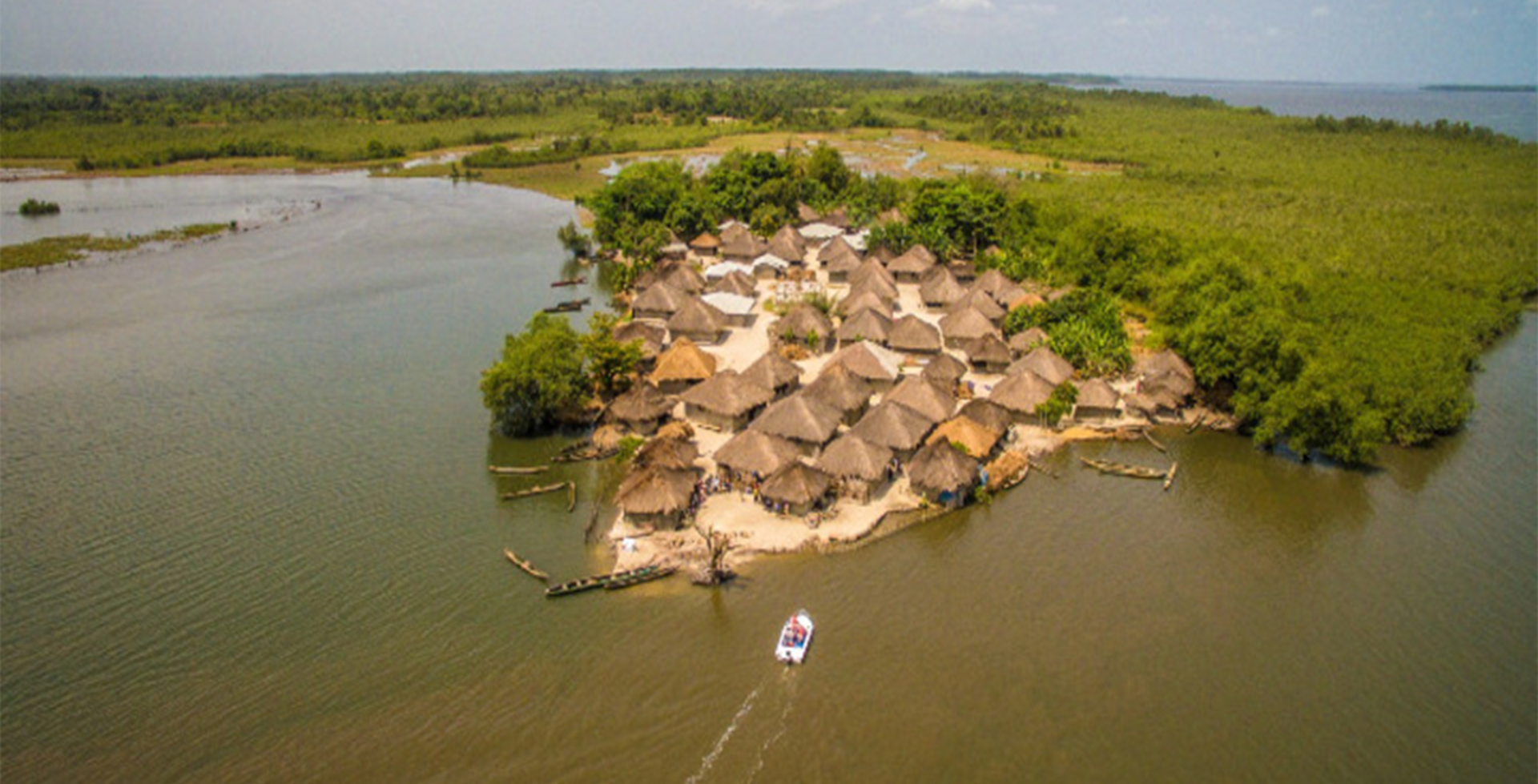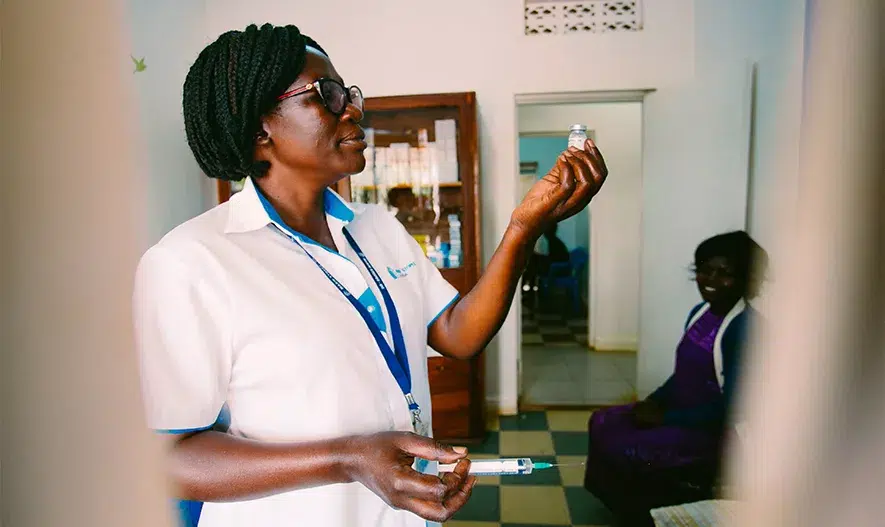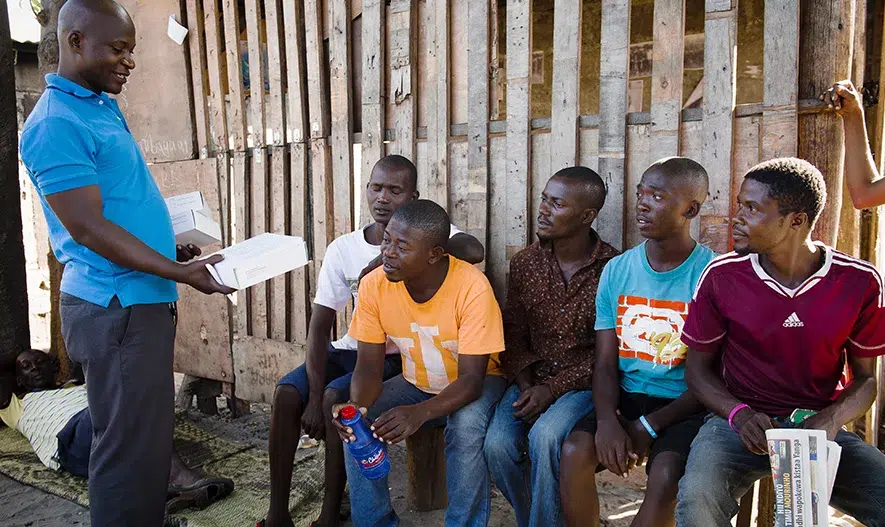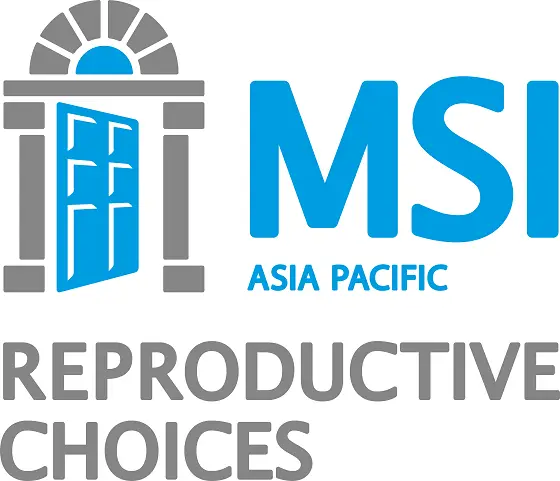When climate-related natural disasters strike, women struggle to look after their families. These changes are forcing upheaval, with families facing depleting land and water resources, and women and girls disproportionately hit.
Of the 26 million people estimated to have been displaced by the climate crisis, UNDP estimates that 80% have been women. These women and girls are at higher risk of abuse and exploitation, with one in five facing sexual violence. Yet often during a crisis, while the need for reproductive choice grows, access falls.
Community resilience
With reproductive choice, girls can finish education and pursue their careers, providing more economic stability when facing a disaster. And, with the power to determine the path their life takes, women are more able to take on decision-making roles at a community and national level.


Women’s leadership
In MSI’s programs, we have seen that when women have access to contraception, they are more able to participate in community environmental protection efforts. Data shows that when women are able to take on leadership roles in governments and companies, they are more likely to make environmentally-conscious decisions, helping to build a more equal and sustainable world for us all.
Demographic dividends
Nearly half the world’s population is under 25. Access to quality sexual and reproductive healthcare helps countries to boost economic productivity by harnessing the energy and creativity of younger people to contribute to economic and social progress. With fewer people to support, a country can harness the demographic dividend by enabling women and girls to fulfil their potential.

